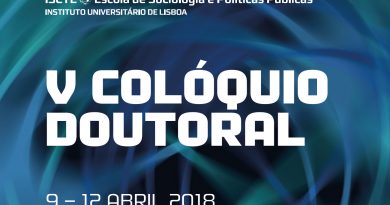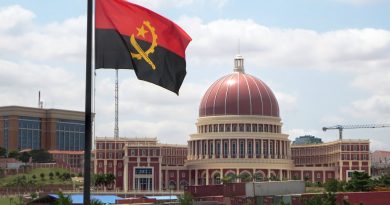Growing pains of IR down South
Frequent attempts to map the state of the art of International Relations (IR) research are usually dealt with recurrent, if legitimate, criticism. Such criticism claims that they fail to overcome what is often described as overwhelming Western conceptualizations and analytical tools. Embedded in this argument is the claim that the specificities of Southern regions are not taken sufficiently into account.
Do these regions have something to add of their own making to the debate?
The question has already been asked and answered before with regard to Africa, for instance. But 2016 has also come to witness an impressive number of publications, all seeking, one way or the other, to take stock of recent developments in theory-making and institutionalization of IR throughout Latin/South America.
So what exactly is the current state of IR research in the region?
Contrary to some expectations, the main findings can be somewhat gloomy for those already heralding the start of a new Global IR turn. Publishing trends in South America in the last decade, for example, have been found to abide by a “predominantly Positivist and largely Qualitative discipline, resembling North American and European IR”.
This can be contrasted, of course, with some positive news. These include the noticeable expansion of IR teaching throughout the continent. Brazil clearly stands out in this regard, as the number of IR graduate and post-graduate programs grew staggeringly on a national level between 2000 and 2012.
But, in all fairness, many of these courses often fall in the “pragmatic trap” of adopting more accessible and marketable syllabi – something in line with what Arlene Tickner had already previously labelled as the primacy of lo práctico all over the continent. Likewise, it is also possible to claim a somewhat generalized emphasis on abstract formulations. This has served to compensate the lack of new encompassing theories under an exclusive local point of origin.
However, when taken to the letter, such overall assessments also risk obscuring the evident expansion of the field in the region and the possibilities emanating from ongoing work. Indeed, whether concerning repackaged theoretical concepts such as Peripheral Realism or even a Latin-American agenda on regionalism studies, there is considerable ground to break and incorporate in future research lines.
The growing IR development down South
Hence, instead of craving for the possible creation of new grand schools of thought, IR development down South probably should instead be seen as more of a research enterprise. It should be seen as an ongoing process that is still on course for full maturity but which has yet to achieve a full autonomous outcome. Invariably facing growing pains, to be sure, but growing nonetheless.
Photo by Moyan Brenn / CC BY 2.0
![]() This work is licensed under a Creative Commons Attribution-NonCommercial-ShareAlike 4.0 International License.
This work is licensed under a Creative Commons Attribution-NonCommercial-ShareAlike 4.0 International License.




